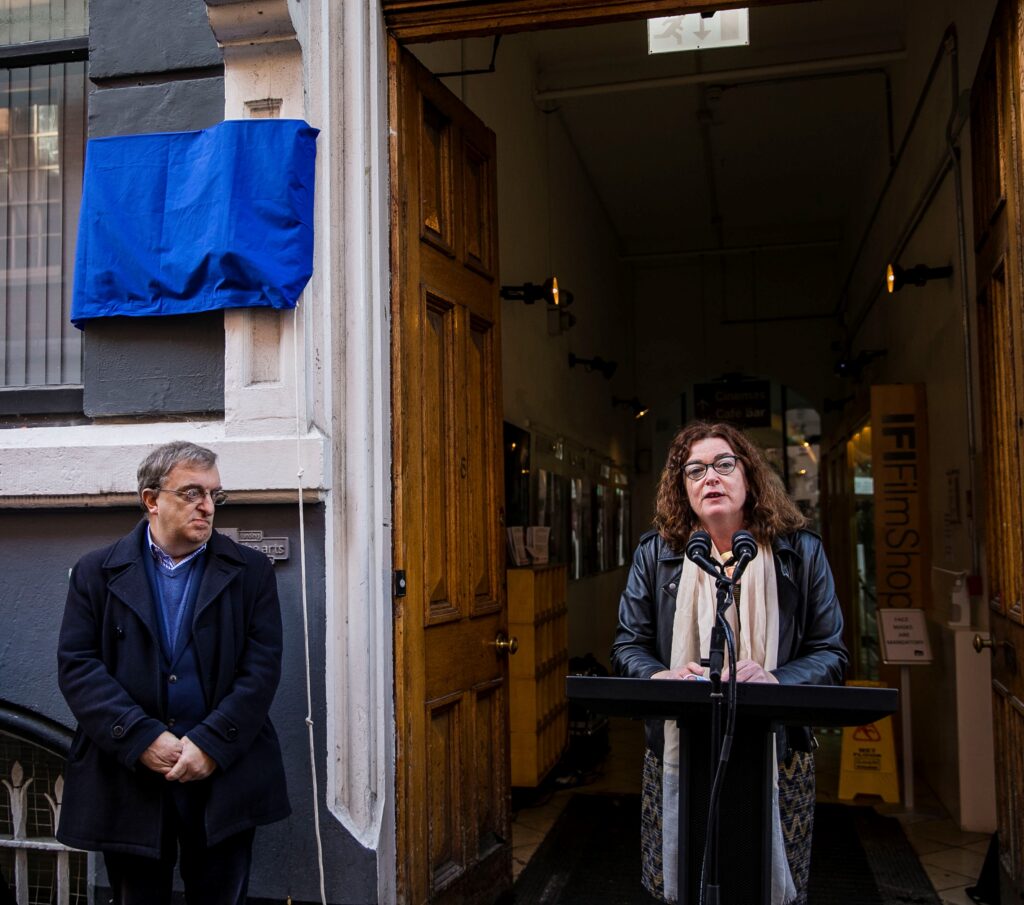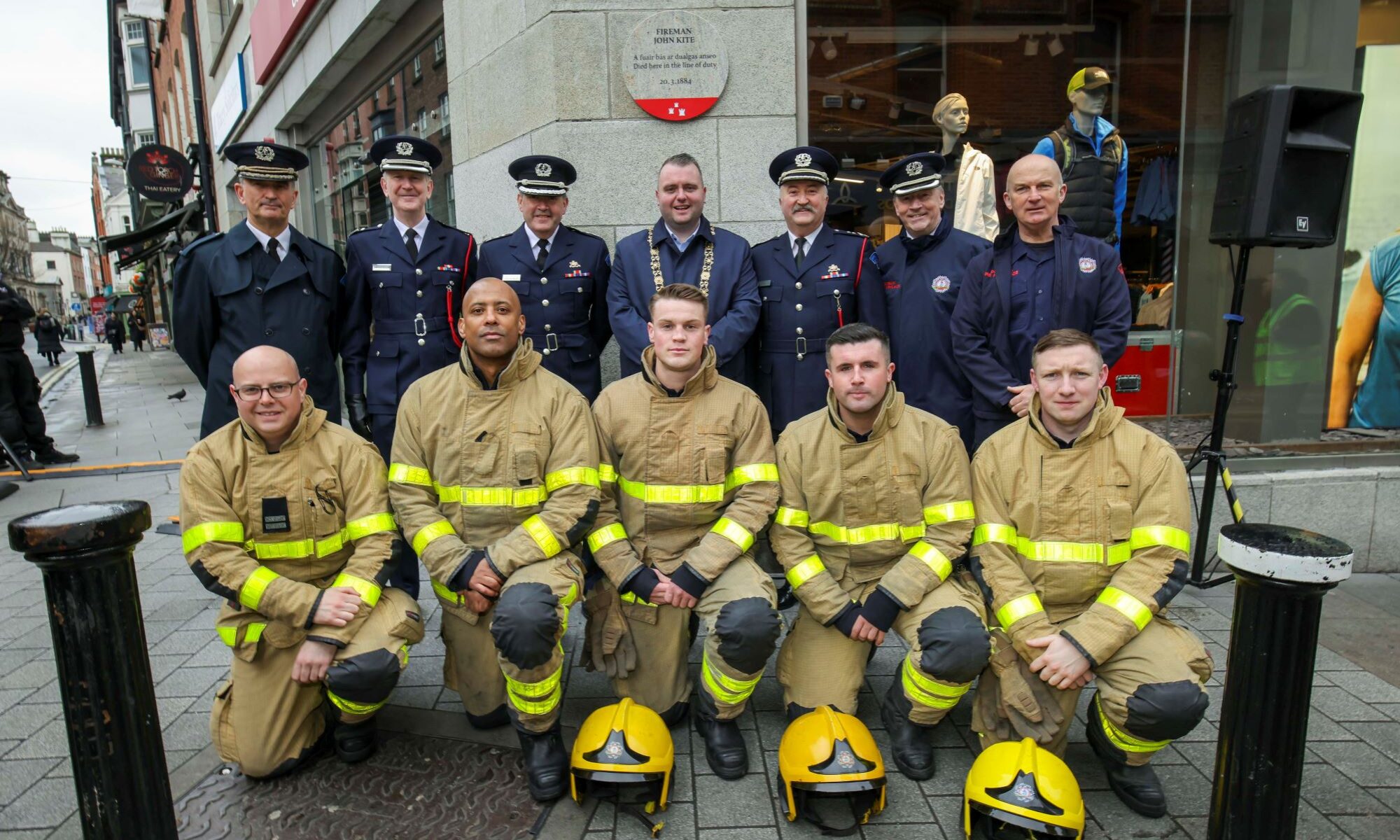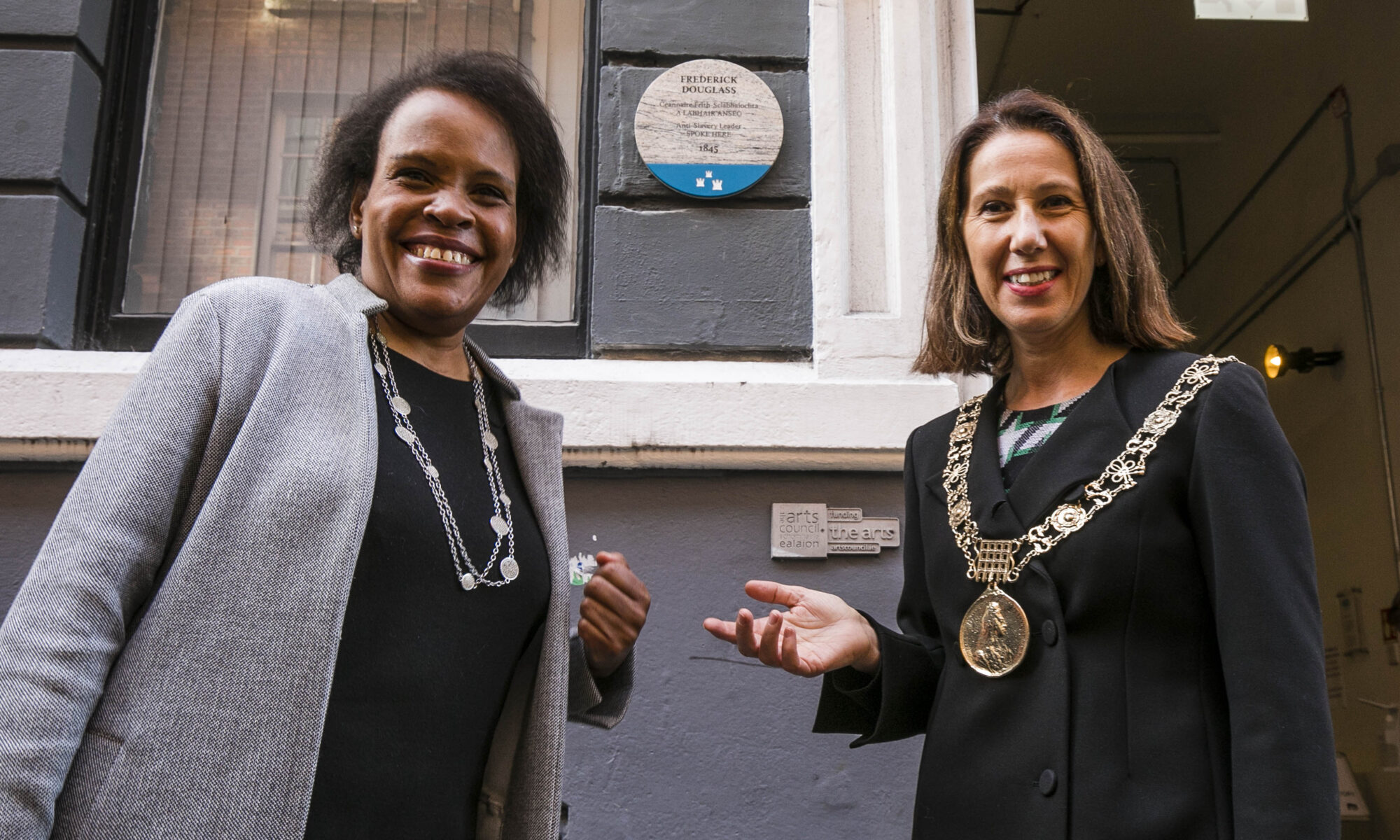Frederick Douglass, the anti-slavery leader who visited Dublin in 1845, has been honoured by a Dublin City Council Commemorative Plaque.
The plaque was unveiled on Thursday 21st October 2021 by Lord Mayor Alison Gilliland at the Irish Film Institute, Eustace Street, Temple Bar, formerly the Friends’ Meeting House.
Speaking at the unveiling, historian Cecelia Hartsell outlined Frederick Douglass’s life, his escape from slavery, the publication of his autobiography, and his visit to Dublin.
Born into slavery in 1818, Frederick Douglass escaped and in 1845 published his autobiography Narrative of the Life of Frederick Douglass, an American Slave, Written by Himself. The book’s popularity in Europe, and fear of being captured and returned to slavery, led Douglass to visit Ireland and the UK in 1845/47.
Douglass returned to the USA a free man in 1847, and went on to become a leading abolitionist, a newspaper proprietor, and a government official. Renowned as an orator, through his writings, speeches, and photographs, he boldly challenged the racial stereotypes of African Americans. He was the most photographed man in 19th century America.
While in Ireland Frederick Douglass met Daniel O’Connell, a firm opponent of slavery, and the two men spoke at O’Connell’s Conciliation Hall, on Burgh Quay.
Douglass was a guest of Dublin’s Quaker Community, and in September 1845 he spoke at the old Friends’ Meeting House in Eustace Street, now the Irish Film Institute.
I am proud that Dublin City is honouring the memory of Frederick Douglass here today, with a plaque that tells all who see it that back in 1845, he found himself welcomed with, in his own words, ‘a total absence of all manifestations of prejudice…’ and was treated not as ‘as a colour, but as a man.’
Lord Mayor Alison Gilliland speaking at the unveiling.
Also speaking at the unveiling was the chair of the Irish Film Institute, Professor Margaret Kelleher, who said:
‘On 9th September 1845, in this building which is now home to the IFI, Frederick Douglass delivered a stirring oration against slavery and in defence of human liberty. We at the IFI are very proud to mark today not only such a historic event but also his continuing legacy and inspiration.’

The plaque was proposed by Councillor Mícheál Mac Donncha, chair of the Dublin City Council Commemorations & Naming Committee. Councillor Mac Donncha said:
‘This plaque to Frederick Douglass sees the great African-American anti-slavery leader recognised by our City for his immense contribution to human liberty and progress. It is appropriate that this site links the United Irish Society which met here in the 1790s, the Society of Friends which hosted Frederick Douglass and still meets on this street, and the Irish Film Institute, a cultural hub of Dublin. Acts of commemoration such as this serve to remind us that while slavery was abolished in the United States, racism persists and needs to be opposed vigorously in all countries including our own.’


